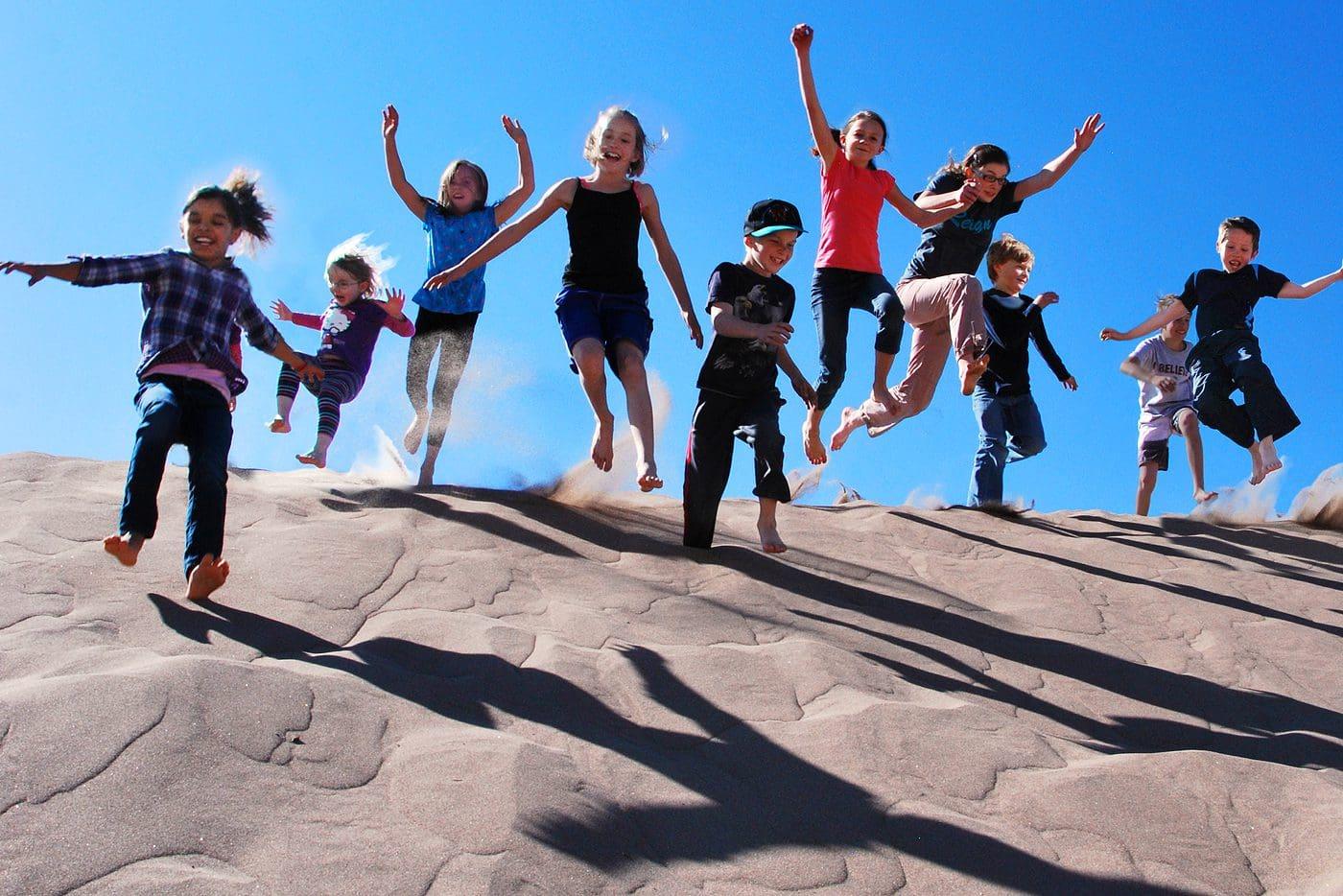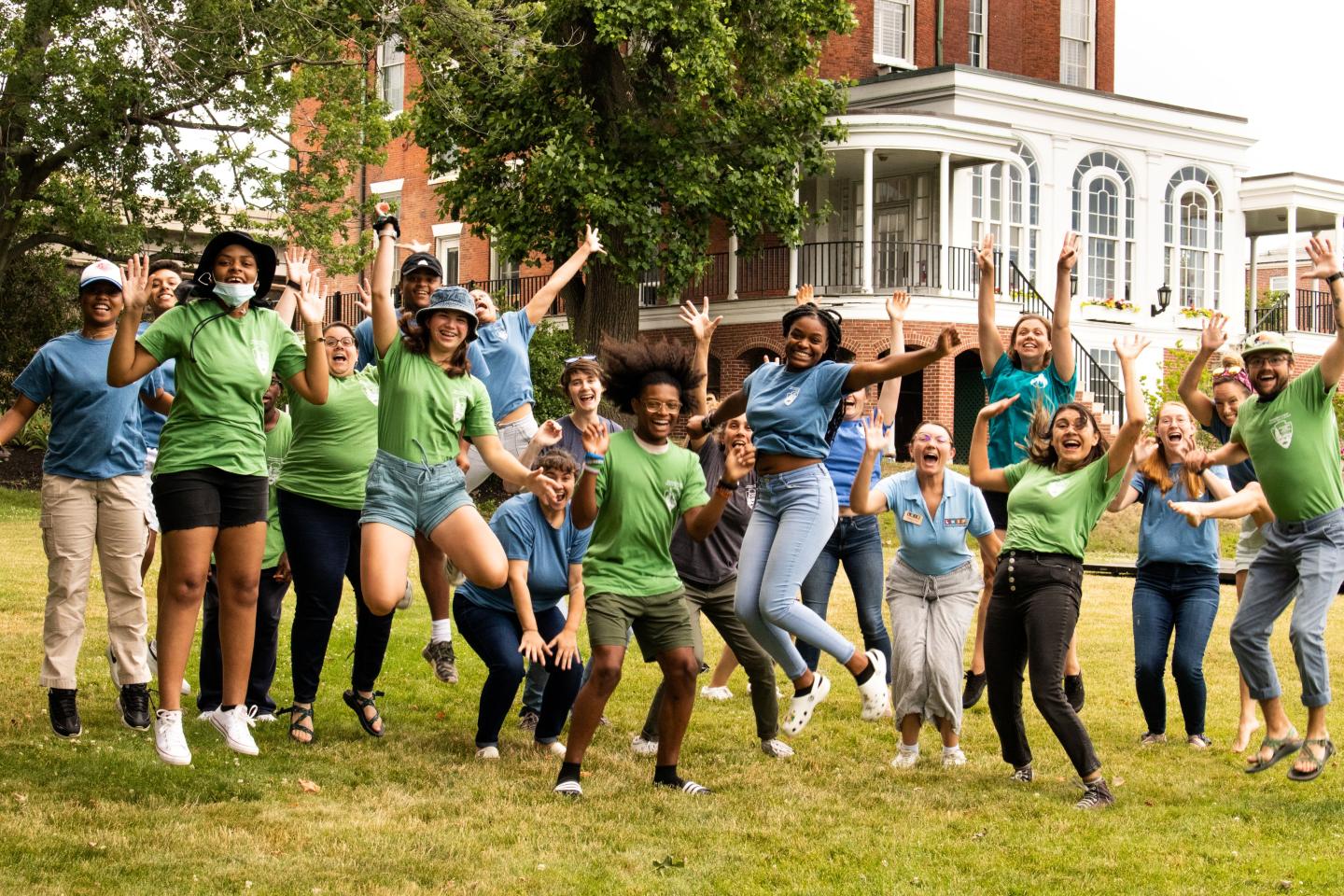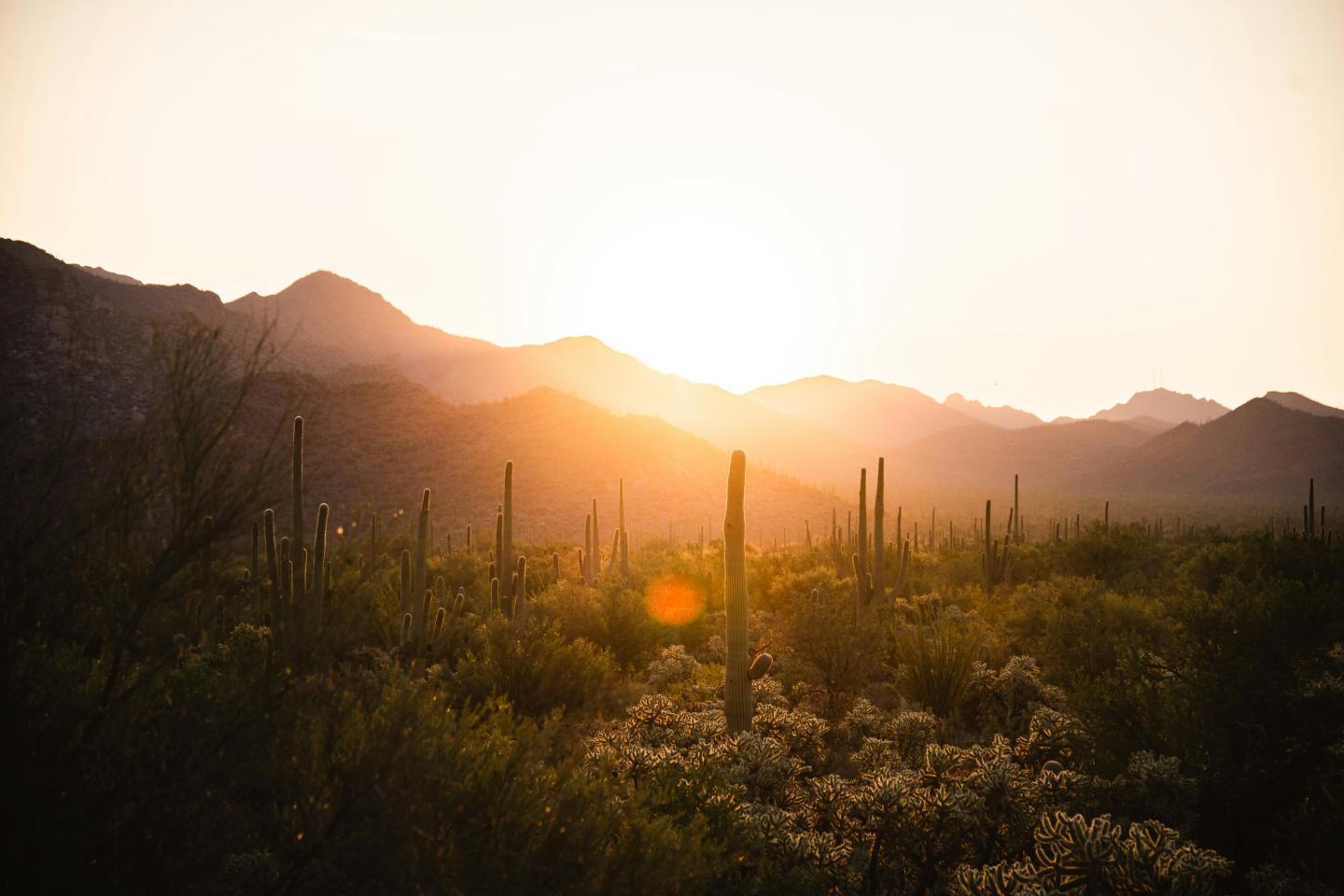
From service to stewardship: Edward B. Danson Award winner Tom Medema in conversation
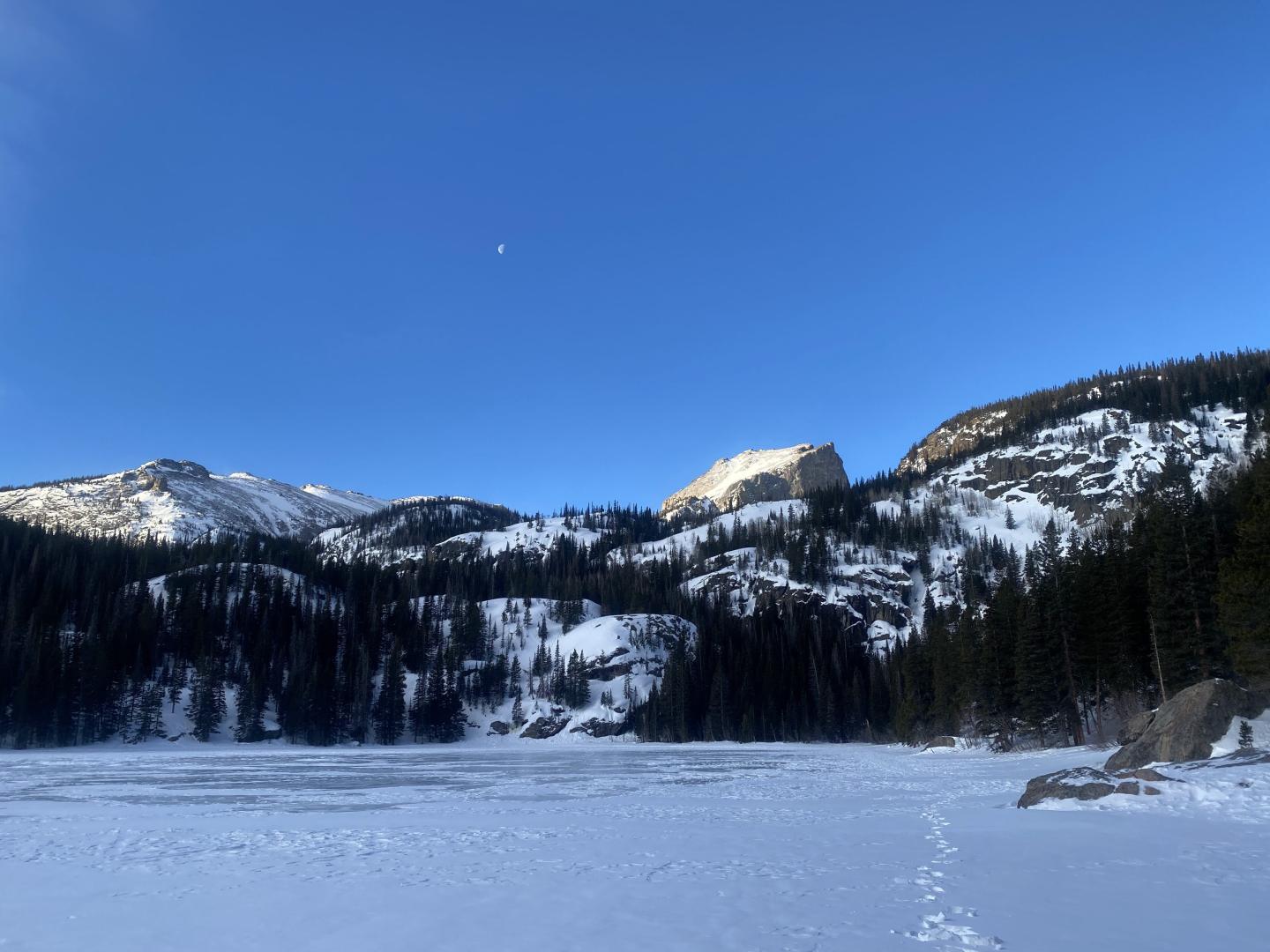
2024 Edward B. Danson Award winner, nationally recognized leader, and lifelong public lands advocate Tom Medema had a storied career at the National Park Service (NPS) for more than three decades.
At parks across the country, Medema championed interpretive, educational, collaborative, and volunteer programs so that people of all backgrounds can enjoy America’s public lands. After retiring from federal service, he continues to advocate for, and support, conservation efforts within the United States and abroad.
He has also received the Department of the Interior Distinguished Service Award, the NPS Sequoia Award, and the President’s Award from the National Association for Interpretation.
Western National Parks had the privilege of interviewing Medema about his life, work, what winning the Edward B. Danson Award meant to him, and what’s next.
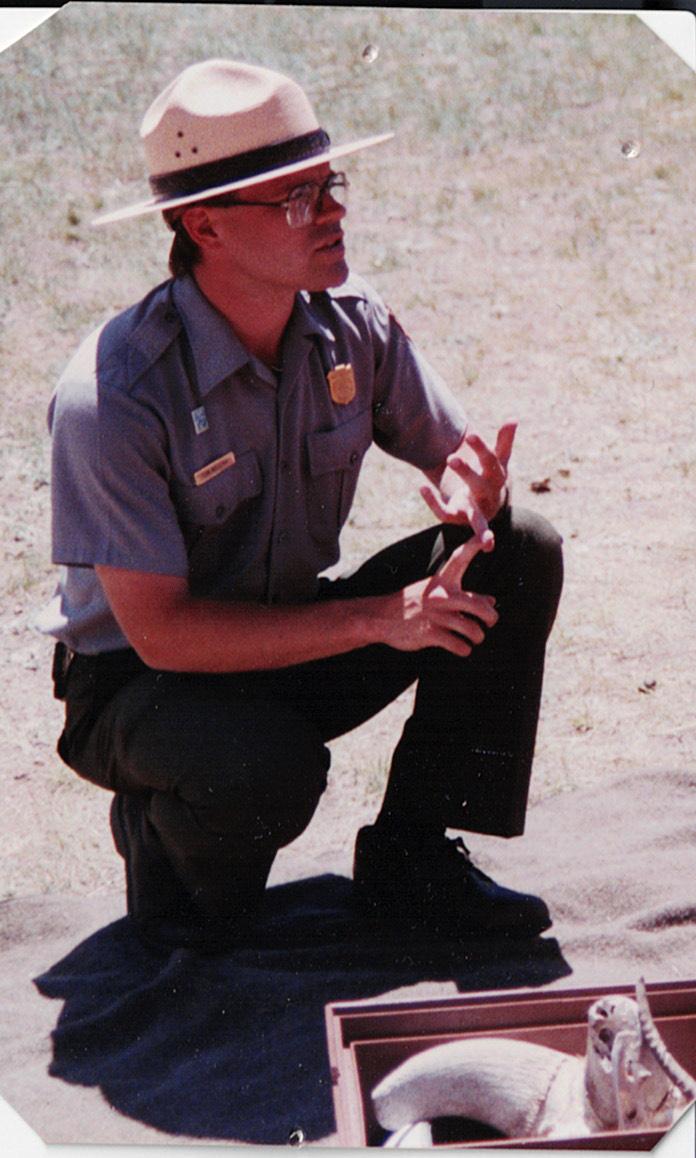
A career launched in Rocky Mountain National Park
While attending Michigan State University for a Master of Science in Parks, Recreation, and Leisure Studies, Medema saw a flyer calling for volunteer interns at Rocky Mountain National Park. He considered it fate. His visit to this Colorado park as a child was transformative, a trip that stood out from other family vacations to Yellowstone, the Grand Canyon, and to the East Coast for America’s Bicentennial.
“The odds of that park being on that flyer have never been lost on me,” he said. “I never thought I could afford to be an intern. And yet I was able to pack up and go to Colorado.”
Though he never had a permanent position there, Rocky Mountain continues to be a special place for him. He met and got engaged to his wife in the park and, when he retired, he was gifted a custom pair of alpine skis from his coworkers, decorated with scenes from Rocky. His time in Colorado was the beginning of a long career with the NPS.
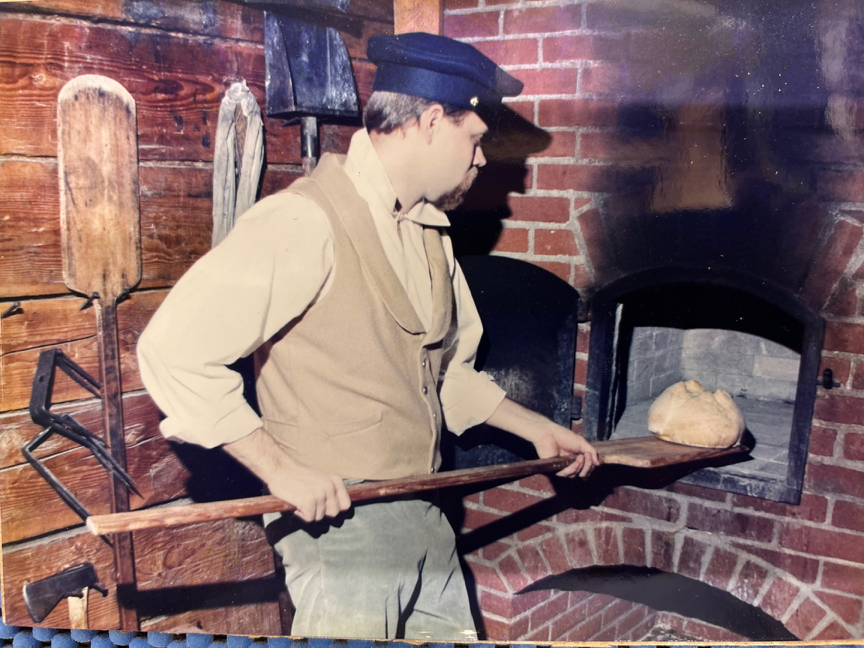
Following a calling across the United States
Permanent positions with NPS are often considered “holy grails,” in Medema’s words. His holy grail was a Park Ranger Interpreter Position at Fort Vancouver National Historic Site, a job which involved baking bread in period clothing, hosting living history programs for visiting students, working at the retail shop and the front desk, and much more.
It was where he first got involved in national initiatives, including working on the first-ever National Junior Ranger Program. “I was growing my awareness of what the Park Service could do,” he said. “As well as people’s awareness of me.”
After a brief stint at Mount Rainier National Park as the Longmire District Naturalist, Medema moved back East for a position as a Supervisory Park Ranger at Cuyahoga Valley National Park, a position that he said was challenging.
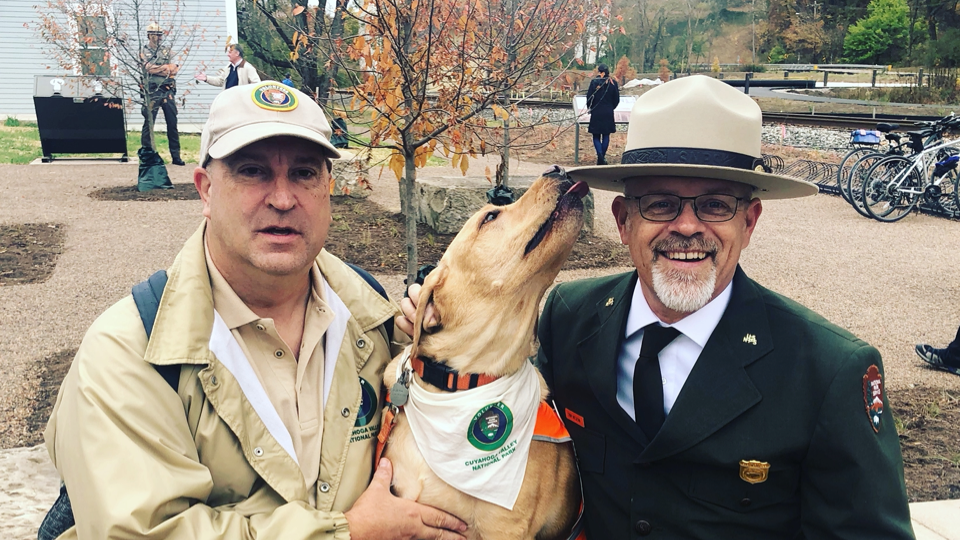
“Cuyahoga is a very specific park experience, in part because there are so many other organizations, such as Cleveland Metroparks, working alongside NPS,” he said. Cuyahoga taught him about how important partnerships and collaboration initiatives were to the park experience.
"The friends that I have today are from those [career] partnerships—that's my community, and it isn’t just limited to the green and grey uniforms of those who work for NPS. " – Tom Medema
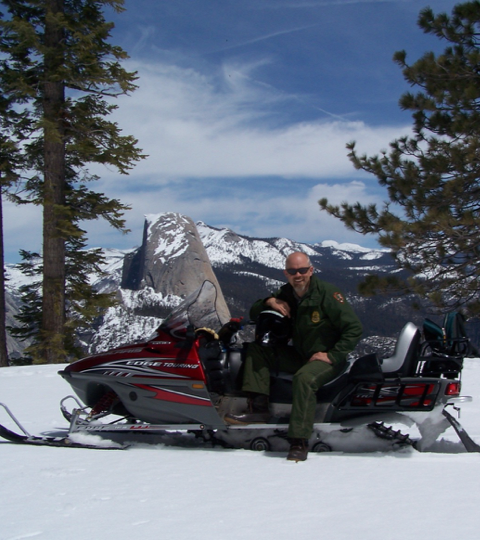
It was in 2002 that Medema moved to Yosemite National Park with his family, where he held the position of Valley Supervisor and later the Chief of Interpretation. His time at the park was a storied one and resulted in many family memories. His wife taught at the elementary school there, and his children finished their schooling during his tenure at the park.
Medema was also active in the Yosemite community, where he was head coach of the Yosemite Ski Team and President of the Yosemite Winter Club. Some of his fondest and most vivid park experiences happened during Yosemite’s winters, including backcountry skiing to the Ostrander Hut and getting stranded at Badger Pass for three days during the “Snow-maggedon” of 2011.
Yosemite truly kickstarted Medema’s career on a national level. When he became the Associate Director of Interpretation, Education, and Volunteers in 2017, he brought thirty years of field experience to the Washington DC position. “I think it’s so incredible that I started as a volunteer intern and ended as the Associate Director of Volunteers,” he said.
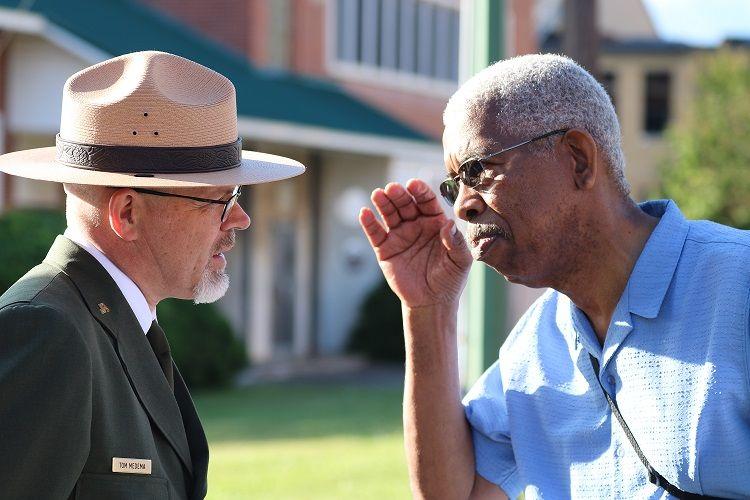
Championing volunteerism
All of Medema’s positions have had a common theme—at each one, he worked to build community, foster partnerships, and champion park service volunteer programs. Medema believes that volunteerism and creating positive partnerships are important for finding common ground, but also because volunteers themselves have so much power.
“People giving up their time is one of their greatest gifts, if not the greatest gift that someone can offer,” Medema said. “Money is not the same as the gift of time. It doesn’t matter what you have in the bank when you volunteer your time. And if all of the volunteers in the United States just disappeared overnight, our hospitals, our churches, our parks, and so many other institutions in the United States would instantly change for the worse.
“We don’t think about the collective value of volunteerism in our country. We need to celebrate it more. And the more people we get involved, the more these movements can grow—they are multiplying forces that create even more good...We achieve more with partners and with volunteers. Without them, we cannot be as successful as we are.”
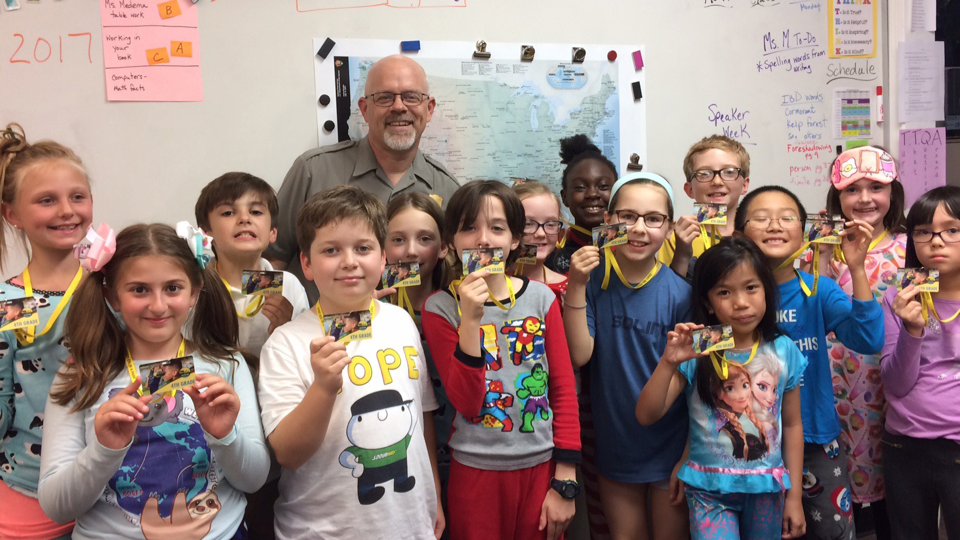
2024 Edward B. Danson Award—celebrating community and partnerships
In honor of his extensive work on behalf of public lands and the communities that love and care for them—work which has reached millions of park visitors and thousands of park rangers and staff—Medema received the Edward B. Danson Award in 2024. When asked about what this award meant to him, he emphasized that “receiving the award meant more than I could possibly say.”
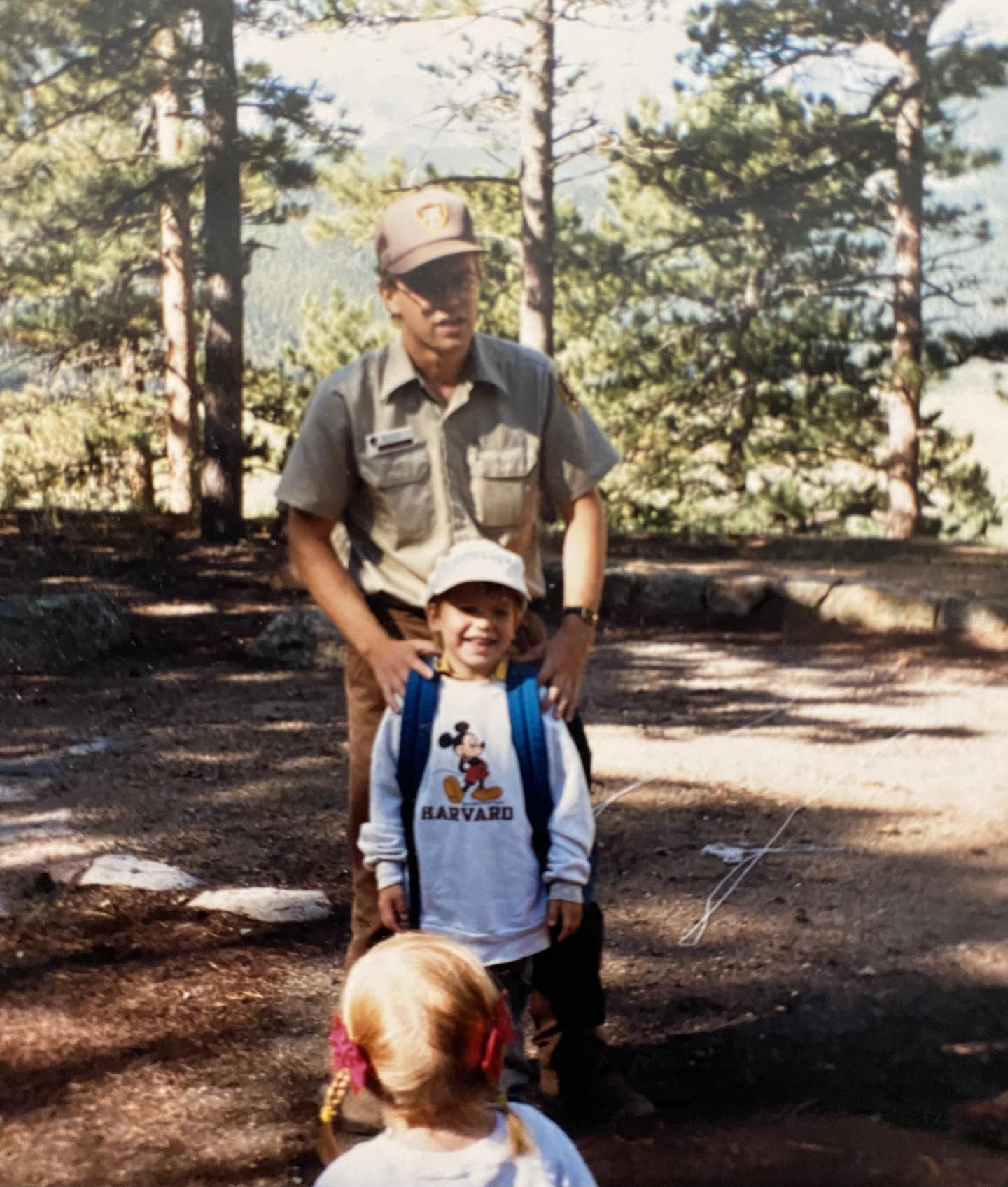
“The things that I enjoyed the most about my career were the people that I worked alongside, both in and out of uniform,” Medema said. “The friends that I have today are from those partnerships—that's my community, and it isn’t just limited to the green and grey uniforms of those who work for NPS. Getting an award from a partner organization, for my work in partnership? That’s amazing."
“I was never going to be a Shelton Johnson,” Medema admits. “There’s a lot of people who are better at interpreting than I am. But I do want to believe that I am one of the best partners that someone could have in federal government—and I achieved my success in an ecosystem of partnerships. That’s the pinnacle of my career, and, if I’m remembered for anything, I want people to remember me for, and be inspired by my work fostering partnerships.”
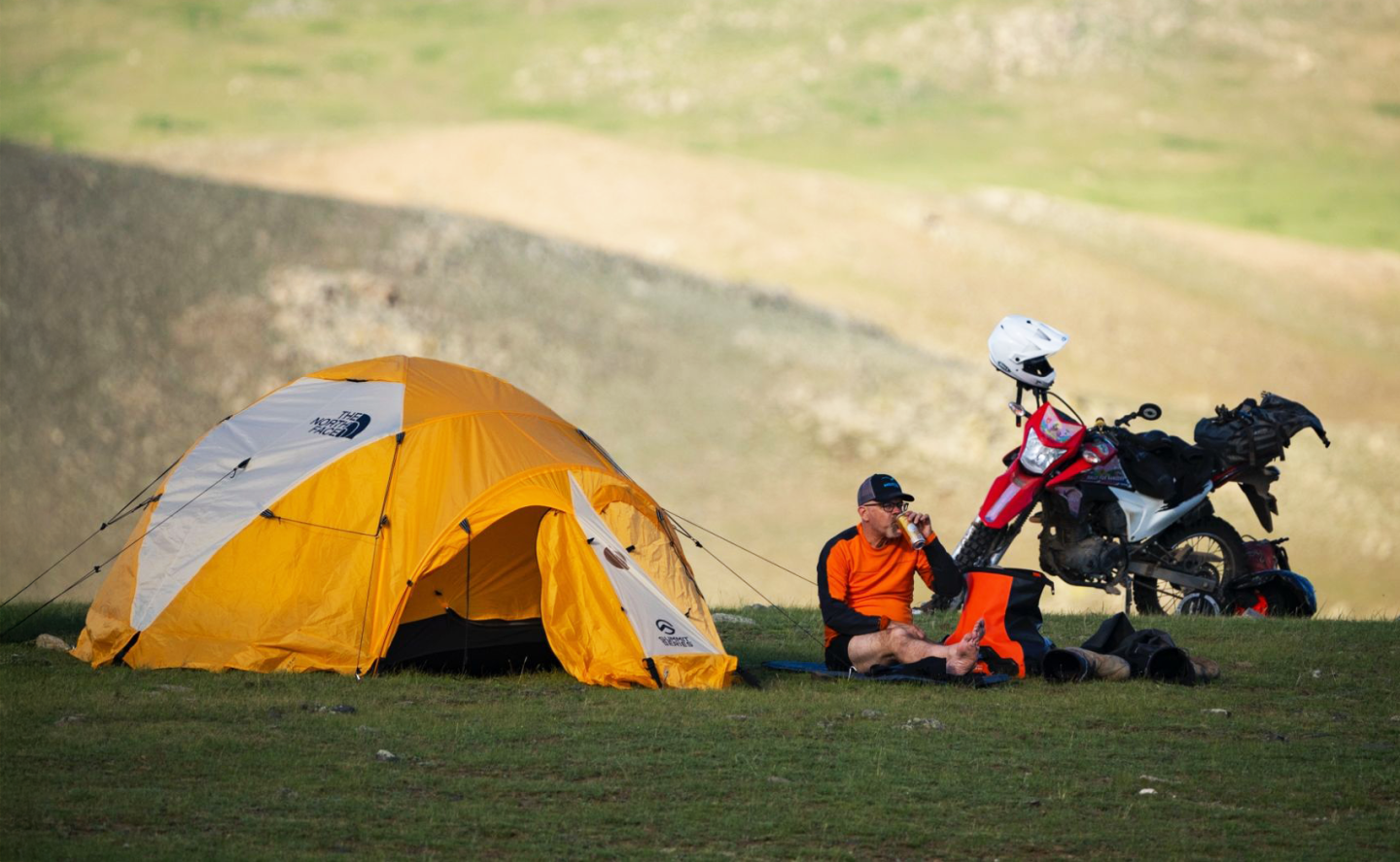
Advocating for public lands here and abroad
Although Medema has since retired from the National Park Service, he continues to work on behalf of public lands throughout the world, including those in Chile, Argentina, Peru, Nepal, Mongolia, France, Hungary, and Saudi Arabia. The idea of public lands—and that the best lands were not set aside for the wealthy, but for everyone—originated in the United States and has since been replicated elsewhere.
Medema emphasized that it was a privilege to build partnerships with national parks in other nations, by helping to establish management plans, signage, and visitor centers. He mentioned that he brought representatives from Mongolia’s national parks to the sign shop in Yosemite to support their branding efforts.
Many of these parks have also tried things that US parks have not, such as the addition of augmented reality experiences in Saudi Arabia’s national parks. Some public lands abroad don’t have as much support—Medema mentioned that he had worked with parks that did not have much government or public backing, and rangers used their own funds to buy necessary supplies.
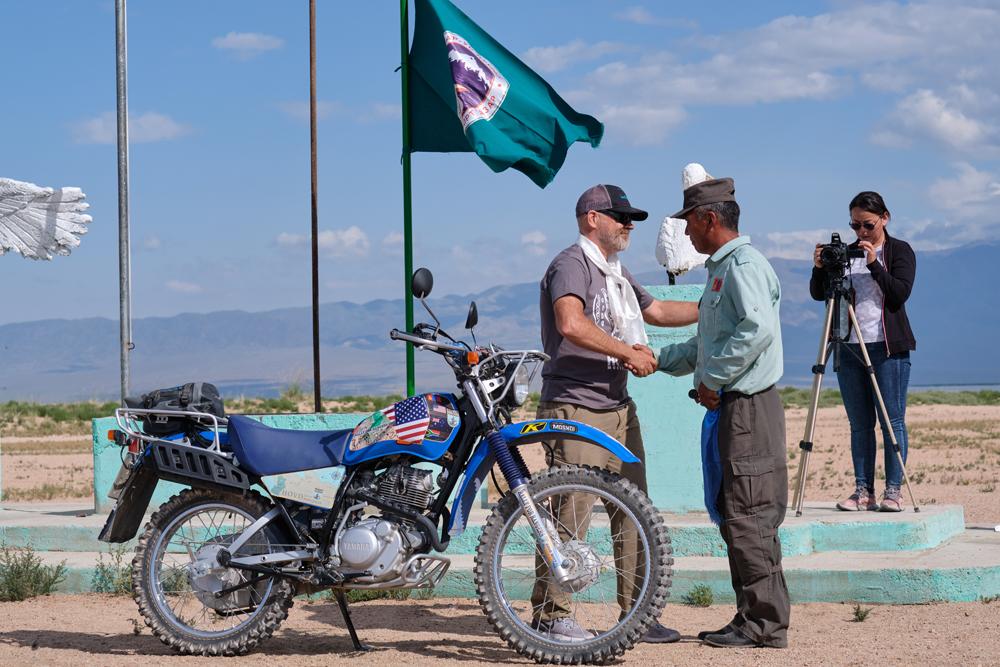
Continuing to serve—Rally for Rangers
Today, Medema raises money and donates motorcycles to national park staff around the world through Rally for Rangers, an organization he co-founded. Rally for Rangers was inspired by Mongolian National Park staff, who often relied on horses to cover rugged terrain.
Poachers and other individuals conducting illegal activities within the park boundaries often had better equipment. Thanks to the motorcycles supplied by Rally for Rangers, the park staff can now cover terrain and carry out their duties much more easily.
Medema is continuing to expand his work with Rally for Rangers, as he has found that the need is great all over the world, including within the United States. He is currently working with several Tribal Nations, including South Dakota’s Oglala-Sioux and Cheyenne River Tribes, to provide them with much-needed vehicles and other equipment.
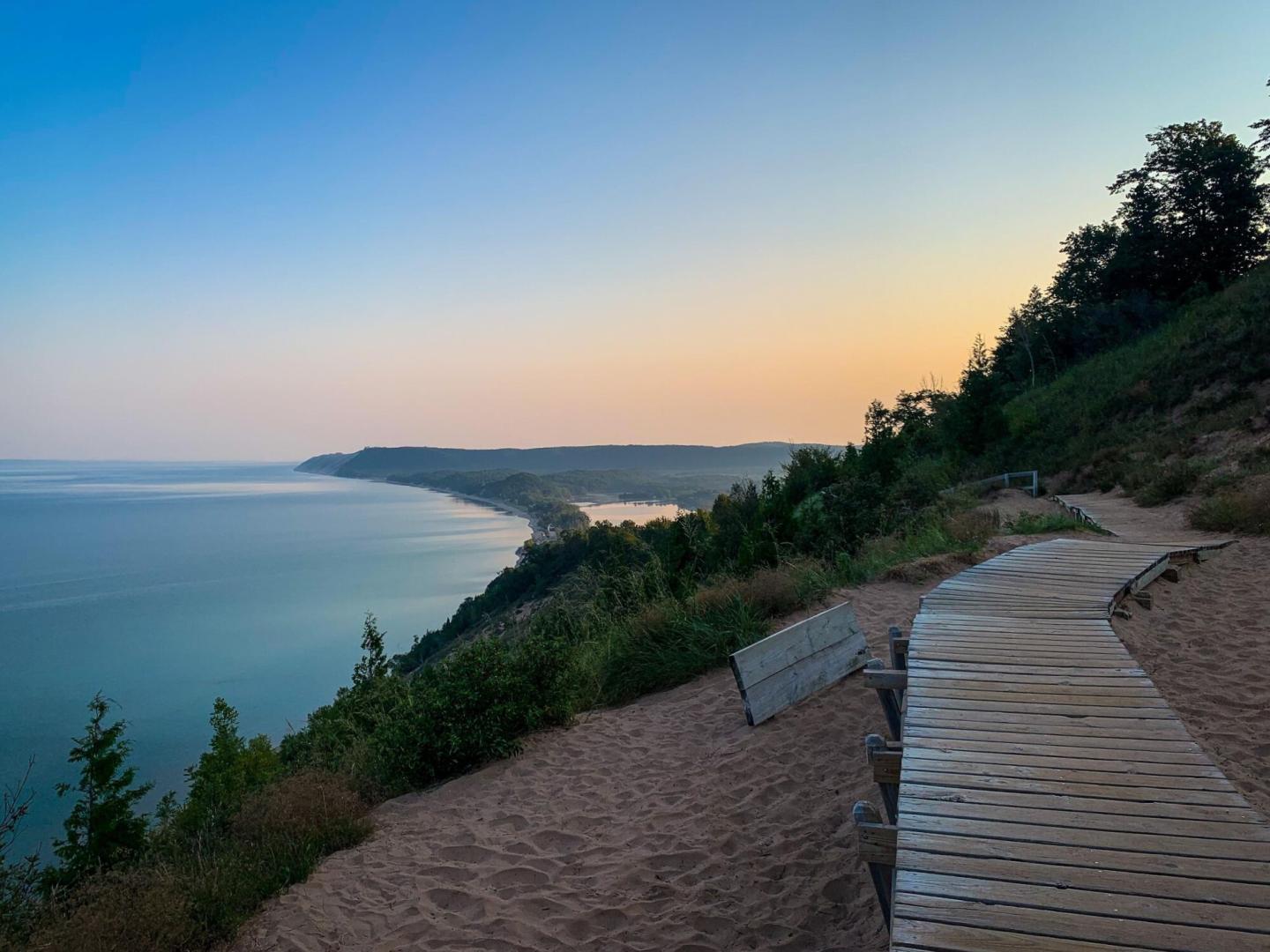
Tom has concluded his career with the National Park Service, but his adventures and service work are far from over.
And as for his favorite park? It’s Sleeping Bear Dunes National Lakeshore in Michigan. “Although I never worked there, it’s home to me,” he said. And it’s just one of many parks that he has visited, and helped transform, throughout his life.



